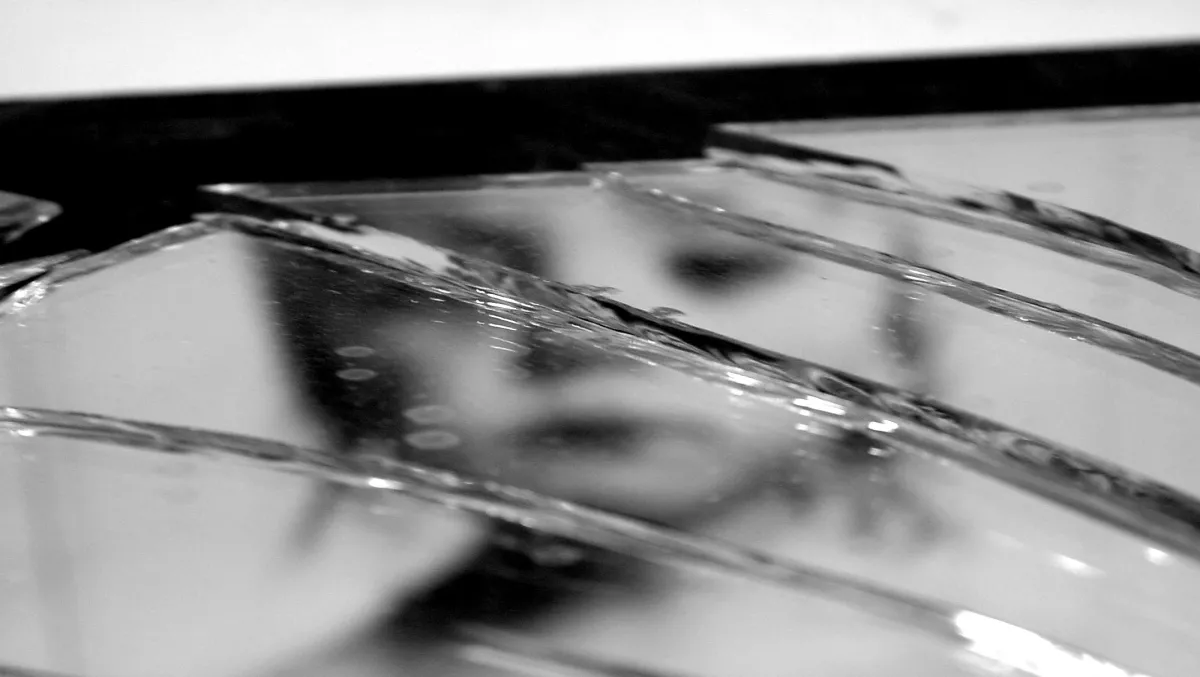
Kiwi customs fight high tech battle against child sex abuse images
Customs says that advances in technology have made it easier for offenders to find, store, and share objectionable material such as child sexual abuse images.
Customs Manager Border Operations, Shane Panettiere says that Customs is responding to this challenge with an increased and necessary focus on computers, smartphones and other electronic items at the border.
Last year, Customs detained 295 computers and 548 electronic devices for detailed examination of equipment that were suspected to contain objectionable material or other evidence of border offending.
In 2013, targeted searches of passengers’ luggage at airports led to a number of arrests, including a German tourist who was jailed for importing objectionable publications and images after Customs found over 35,000 child sexual abuse images on his laptop.
“Storing or sharing images of children being sexually abused is as abhorrent as undertaking the actual abuse," Panettiere says. "Demand for such miserable imagery creates a supply.
“We have to remember that this imagery is not victimless. An infant, child or young person is being sexually tortured or abused for the pleasure of others.
“Adding to this misery is the fact that once in the public domain, these images never go away and the victims have to live with this fact for the rest of their lives.”
Panettiere says Customs looks closely at around 0.8 per cent of selected travellers from the 10 million passengers travelling through our airports.
Customs’ interaction can be based on current information held including that received from other domestic or overseas agencies, but may also occur if a border official has concerns about a passenger’s reasons for travel.
“Those who don’t break the law have nothing to worry about," Panettiere adds. "We need to do this to identify and deal with those criminals causing harm in our global communities.
“Customs officers do their best to ensure that the searches are not overly intrusive and are done in a reasonable manner with proper regard for the privacy of the person who owns the device.”
Combating the trade of objectionable material, such as child sexual abuse images, is a priority and Customs continues to focus its efforts against this crime along with the Police and Internal Affairs.
The current maximum penalty for possessing, importing or exporting objectionable material is five years imprisonment, and 10 years for distribution. The Objectionable Publications and Indecency Legislation Bill to be enacted by June will increase penalties to 10 years and 14 years respectively.

